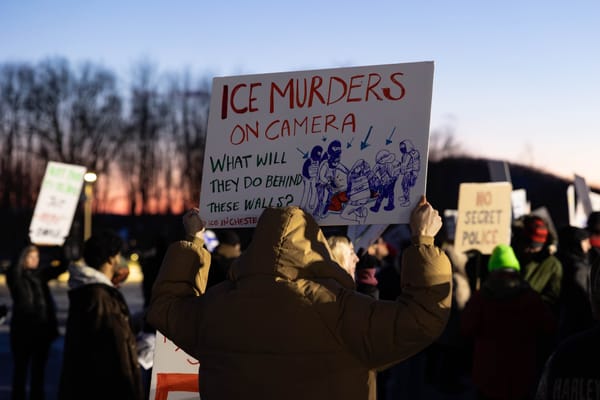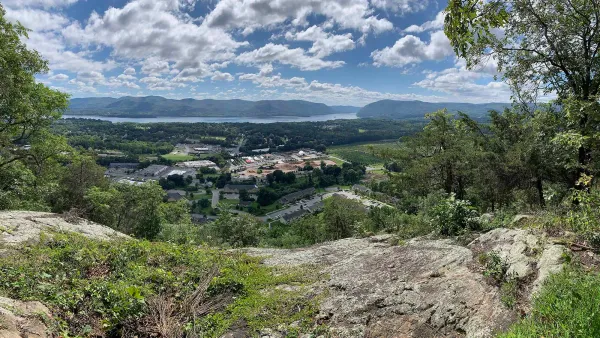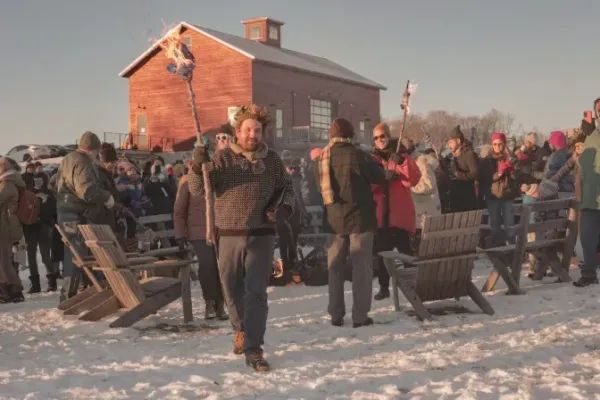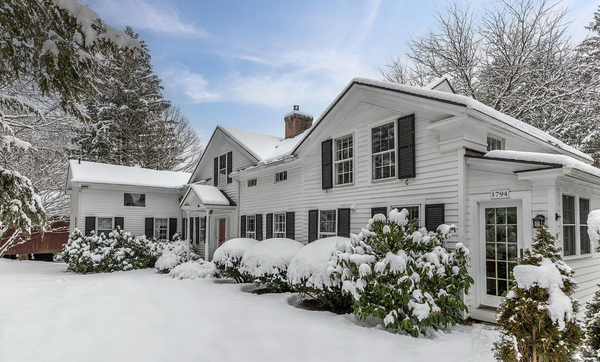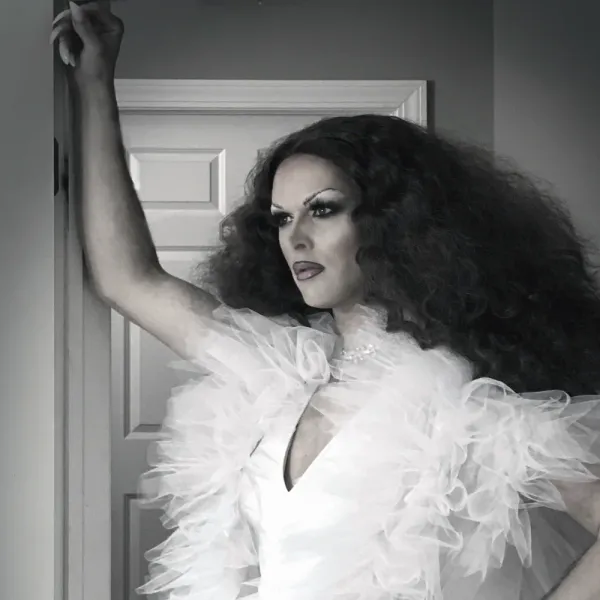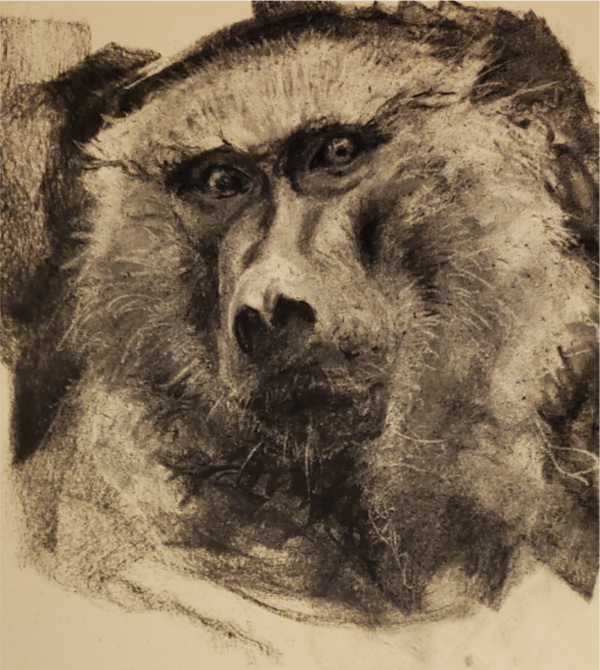The Rural We: Abraham Keita
Meet the 19-year-old activist for children's rights with something to teach people of any age.

Meet the 19-year-old activist for children's rights with something to teach people of any age.
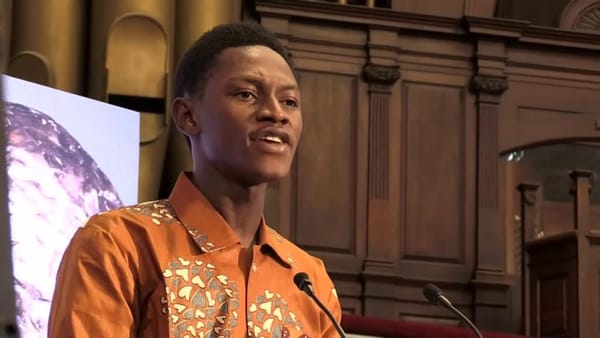
Abraham Keita is a leading global voice in the fight to end violence against children, and a winner of the International Children’s Peace Prize. He is also a 19-year-old student at The Hotchkiss School in Lakeville, Conn. with a full ride to Yale because of his outstanding work. Keita first became a force for children’s rights in his home country of Liberia but has since expanded his mission to fight for children around the world. He has addressed the World Summit of Nobel Peace Laureates and the UN Human Rights Council on issues such as the refugee crisis and international child protection from violence and corruption. At five, Keita’s father was murdered in an ambush during Liberia’s civil war. He grew up in West Point, the largest slum in the Liberian capital of Monrovia, with his mother and siblings. At age nine, Keita was compelled to activism when he saw the government ignore the sexual assault and murder of a 13-year-old girl in his community. He participated in peaceful protests to bring the perpetrators to justice. As a result, Keita was invited to join the Liberian Children’s Parliament. He then successfully advocated for the establishment of the 2012 Children’s Act. On March 1, Keita will speak at a free public event at Noble Horizons in Salisbury.
I graduated from high school in Liberia in 2016 at the age of 15. I applied for college in the U.S. but was denied for financial reasons. People said I should apply to 'blind need schools.' In 2018, Yale’s international admissions office called and said they wanted to give me a full ride on the condition I came to Hotchkiss for a year. I went back to Liberia and the embassy wouldn’t give me a visa! I finally got it just after classes began. It feels amazing to be here now.
Though I am getting older, the issue of violence against children doesn’t change. It will always be my life’s calling. Now I am also becoming more involved in issues of climate change, poverty, gun violence and other aspects that I am incorporating into my activism. I see commonality. All these issues are interconnected.
It took a single bullet to take the life of my father. People in the U.S. can relate to that. Since coming here I’ve become more informed. It’s important to learn how to shift policy to reflect the issues that need to be addressed. We have to make sure our politicians are living up to their social contract. Governments and individuals have to realize we live in an interconnected world and need to be more empathetic. Violence can happen to anyone. If we adopt that mentality, we can solve a lot of issues.
Being here at Hotchkiss has helped me a lot. I have access to so many resources. The environment is clean and healthy. The air is clean. The water is clean. You can walk on the grass and it’s clean. I can just walk to the library and read any book I want.
At Hotchkiss, I have three meals a day. Most kids in Liberia can't afford that. Eighty-five percent of the population lives on less than $1 a day. Poverty has arrested the lives of our people. My community is happy for me but I feel sad because they should have the same opportunity that I do.
